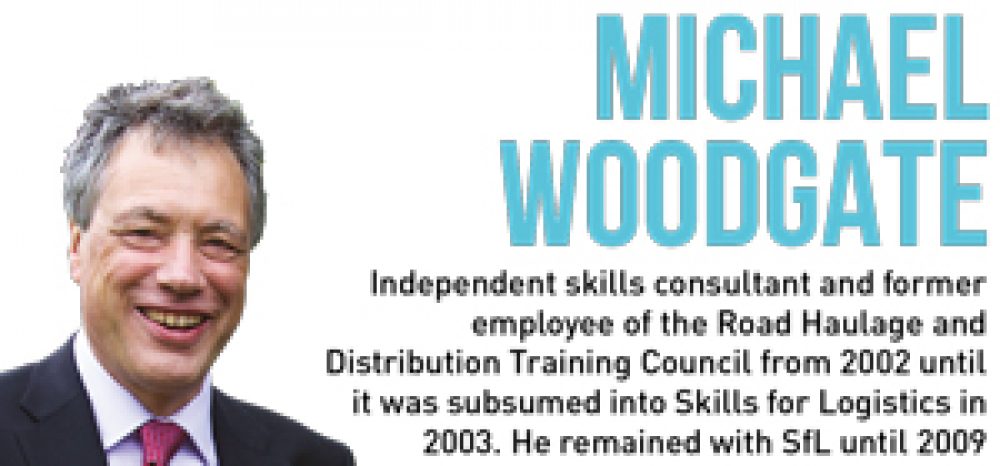Michael Woodgate considers what went wrong for Skills for Logistics (SfL) with the sector skills council having this month announced it was set to close.
So farewell then, SfL. It prospered when government funding was plentiful, but its inability to convince people to pay for its services proved fatal.
At the beginning, SfL’s reason for being was simply ‘to be a sector skills council’ at a time when these were being rapidly established across the industrial landscape.
But, once this valuable status had been secured, there was an almost immediate feeling of ‘now what?’
Consistently poor leadership, at both executive and board level, ensured this question was never properly asked, let alone convincingly answered.
The challenge SfL faced, right from the start, was the lack of a significant vocational skills problem in the logistics sector.
It takes five days to train a new lorry driver and the lead time to full competence can be measured in weeks, rather than years.
A functioning market works well to deliver basic training in things like fork lift driving, truck driving and operating ancillary equipment.
The technology used for tracking consignments and warehouse picking is well-designed and easy to use.
At the higher level, the UK has well established universities like Aston and Huddersfield that turn out world class logisticians.
The irony is that the logistics sector does have skills issues to address, just not the ones SfL chose to focus on
But SfL chose to behave as if the opposite was true.
In a bid to raise the profile of the sector it started talking about “logistics craft” and set about creating “solutions” for the supposed shortage of these skills.
These solutions — the Interactive Stairway, the Logistics Guild, the Foundation Degree — constituted little more than answers desperately searching for questions. Each one had thousands spent on it with no discernible return.
The irony is that the logistics sector does have skills issues to address, just not the ones SfL chose to focus on.
Firstly, and most obviously, there are significant opportunities to improve levels of English and maths across the industry, among middle and junior management as much as anywhere else.
When it was set up, one of SfL’s core remits was to address this issue, yet in its 11 years of existence it did virtually nothing in this area.
Secondly, while the industry is awash with instructors and assessors, there is a shortage of people who can teach.
The Logistics Academy was established to raise the quality and quantity of teaching in the sector. But this also had absolutely no sense of direction and closed down without having generated a penny of commercial income in its short, troubled life.
But the biggest issue facing the sector is that it is not that good at managing people.
A skilled workforce depends for its existence on effective recruitment and effective management.
Searching for “training solutions” while ignoring the need to manage people well is a tempting and easy path to take, but ultimately a futile one.
None of this is particular to logistics, nor does it require a “sector solution”.
What’s needed are well-run organisations, where progressive workplace cultures and practices enable people to do their jobs well.
But all SfL’s attempts to attract new blood into the sector focussed on the shortcomings of the recruits, the training and perceptions of the industry — not once was an admission that perhaps employers needed to up their game.
Had this admission been made, SfL would have finally unearthed a question for which they would have been in a strong position to answer.
With Business Link disappearing into cyberspace, and the relevant trade associations focussing on compliance issues, there is a real need for business support to the logistics sector.
Not to design its supply chains, or train its fork lift drivers, but to manage its people better.
If, at the same time, workforce English and maths skills had been developed as well, the logistics industry would increasingly be made up of well-run organisations staffed by people able and willing to learn.
Such a sector would, I suggest, have few serious skills gaps or shortages.









Your thoughts